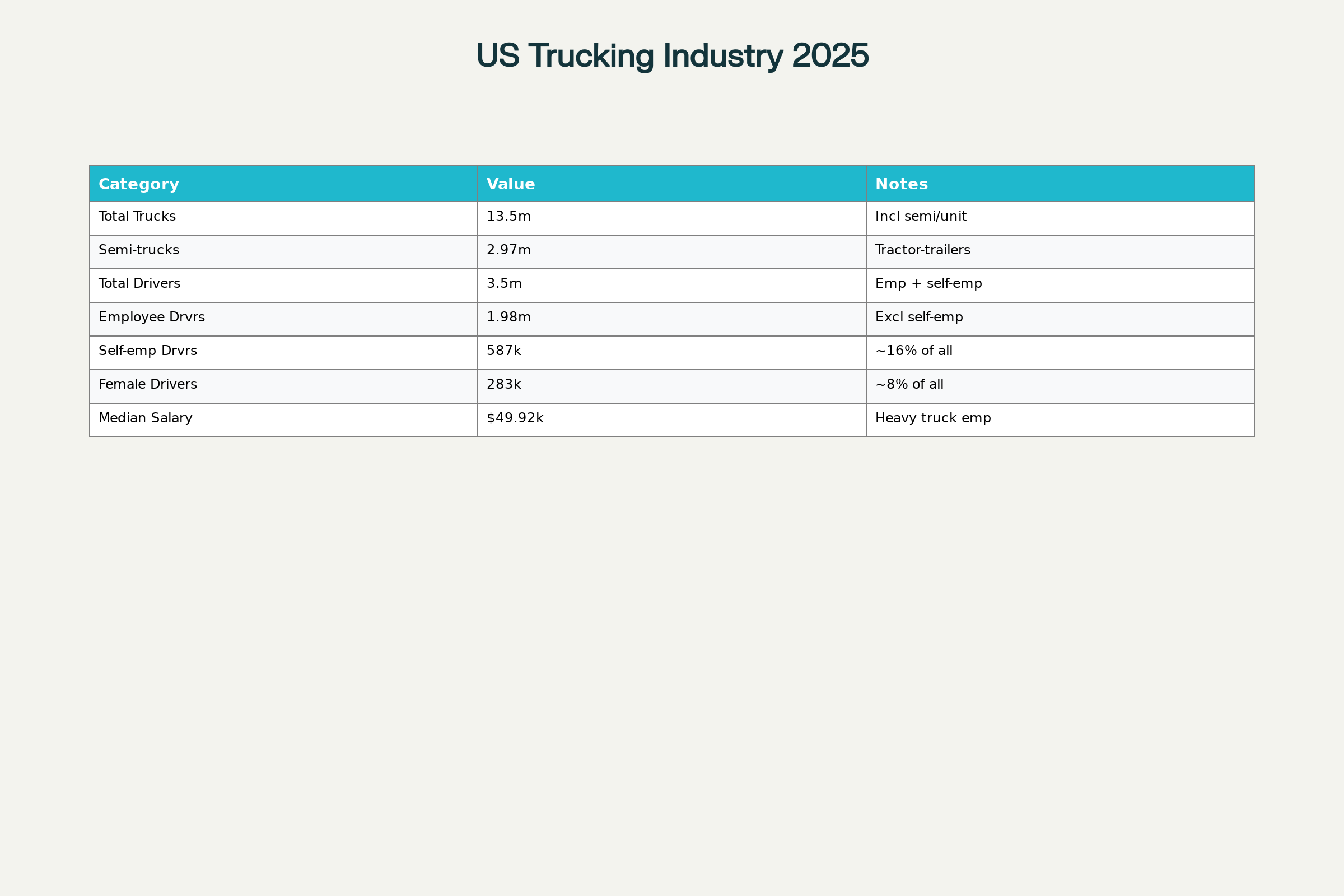Key Highlights:
- Harjinder Singh, 28, faces vehicular homicide charges that could result in 45 years imprisonment following a fatal Florida highway crash on August 12
- An online petition demanding leniency has gathered over 1.8 million signatures while Punjab village and family campaign for reduced sentence
- The deadly crash prompted US Secretary of State Marco Rubio to announce temporary suspension of work visas for foreign commercial truck drivers
Opening Overview
The tragic case of an Indian-origin truck driver facing vehicular homicide charges has sparked an international campaign for justice, highlighting the complex intersection of immigration, transportation safety, and criminal law in the United States. Harjinder Singh, a 28-year-old driver from Punjab’s Tarn Taran district, stands accused of causing a fatal crash on a Florida highway that claimed three lives on August 12, 2025.
The vehicular homicide case has mobilized his entire village of Rataul, family members, and thousands of supporters worldwide who argue that the potential 45-year sentence is disproportionate to the circumstances. This vehicular homicide incident has also triggered broader policy discussions about foreign truck drivers operating in the US, leading to immediate visa restrictions that affect thousands of drivers from India and other countries.
The case represents a critical juncture for the estimated 150,000 Punjabi truckers and their families who depend on the American transportation industry for their livelihoods. As Harjinder Singh faces vehicular homicide charges in Florida courts, his story has become emblematic of the challenges faced by immigrant drivers navigating complex legal systems while supporting families back home.
Legal Framework and Penalties for Vehicular Homicide in Florida
- Florida Statute 782.071 defines vehicular homicide as killing a human being while operating a motor vehicle in a reckless manner likely to cause death or serious bodily injury
- The charge typically carries penalties of up to 15 years in prison for second-degree felony, or up to 30 years for first-degree felony if the driver fled the scene
Under Florida law, vehicular homicide represents one of the most serious traffic-related criminal charges, requiring prosecutors to prove that the defendant operated a vehicle recklessly rather than merely negligently. The vehicular homicide statute specifically addresses cases where drivers engage in behavior that shows willful disregard for human safety, such as illegal U-turns on busy highways.
The severity of vehicular homicide penalties reflects the state’s commitment to road safety and accountability. According to Florida Statute 782.071, a standard vehicular homicide conviction results in a second-degree felony charge punishable by up to 15 years in prison and fines up to $10,000. However, if the prosecution can prove that Harjinder Singh knew a crash occurred and failed to stop, the vehicular homicide charge could be elevated to a first-degree felony carrying up to 30 years imprisonment.
Legal experts note that vehicular homicide cases often hinge on the definition of “recklessness,” which must go beyond ordinary negligence. In Harjinder Singh’s case, prosecutors allege that making an illegal U-turn on a Florida highway constituted the reckless behavior that led to the fatal vehicular homicide incident.
| Charge Type | Maximum Prison Time | Fines | Other Consequences |
|---|---|---|---|
| Vehicular Homicide (2nd Degree Felony) | Up to 15 years | Up to $10,000 | Probation, license suspension |
| Vehicular Homicide with Hit-and-Run (1st Degree Felony) | Up to 30 years | Up to $10,000 | Longer probation, enhanced sentencing |
Impact on US Trucking Industry and Foreign Drivers
- The US trucking industry employs 3.5 million drivers, with approximately 150,000 Punjabi truckers representing a significant portion of the workforce
- Secretary of State Marco Rubio announced immediate suspension of work visas for foreign commercial truck drivers following the vehicular homicide incident
- The visa pause affects all nationalities but disproportionately impacts Indian drivers who comprise nearly 20% of the US trucking workforce
The vehicular homicide case has sent shockwaves through America’s $940.8 billion trucking industry, where foreign drivers, particularly from Punjab, India, have become integral to operations. The industry relies heavily on immigrant labor to address chronic driver shortages, with Punjabi truckers operating an estimated 30,000 vehicles across American highways.
Following the fatal vehicular homicide incident, US officials implemented sweeping policy changes that extend far beyond individual criminal prosecution. The State Department’s decision to pause work visas for commercial truck drivers represents the most significant immigration restriction targeting the trucking sector in recent years. This vehicular homicide-triggered policy affects thousands of pending visa applications and threatens the livelihoods of drivers already operating legally in the United States.
Industry data reveals the scale of potential disruption from these vehicular homicide-related policy changes. The US trucking sector recorded $940.8 billion in gross freight revenues in 2022, representing 80.7% of the entire transportation industry. With 2.97 million semi-trucks registered and 3.5 million total truck drivers, the loss of foreign workers could exacerbate existing labor shortages.
The vehicular homicide case has also intensified enforcement of English proficiency requirements for commercial drivers. According to federal investigations, drivers must demonstrate adequate English skills to maintain their commercial licenses, with failure resulting in immediate removal from service.

US Trucking Industry Overview 2025
Community Response and International Diplomatic Efforts
- Shiromani Akali Dal MP Harsimrat Kaur Badal has urged External Affairs Minister S Jaishankar to ensure consular access and fair legal representation for the accused
- An online petition on Change.org has gathered over 1.8 million signatures calling for reduced sentences in the vehicular homicide case
- Village leaders and family members argue that the potential 45-year sentence is disproportionate given the driver’s age and the accidental nature of the incident
The vehicular homicide case has mobilized unprecedented community support spanning from rural Punjab to urban centers across North America. Rataul village, Harjinder Singh’s hometown in Tarn Taran district, has witnessed daily gatherings of residents who describe the accused as a hardworking individual whose family mortgaged their land to fund his American journey in 2018.
Community leaders emphasize that while they acknowledge the tragedy of the vehicular homicide incident and express condolences for the victims’ families, they believe the potential 45-year sentence is excessively harsh. Village sarpanch Jashandeep Singh and other local officials have organized collective appeals to US authorities, arguing that the vehicular homicide charges should consider the accidental nature of the incident and the driver’s young age.
The international dimension of this vehicular homicide case has attracted high-level political attention in India. MP Harsimrat Kaur Badal’s intervention highlights the broader implications for Indo-US relations and the welfare of approximately 150,000 Punjabi truckers working legally in America. Her appeal to External Affairs Minister S Jaishankar emphasizes the need for proper consular access and legal representation to ensure fair proceedings in the vehicular homicide prosecution.
The Change.org petition supporting Harjinder Singh demonstrates the global reach of concern about this vehicular homicide case. The petition argues that while accountability matters, the severity of charges does not align with the circumstances of what organizers describe as a tragic accident rather than intentional criminal behavior.
Policy Implications and Future Restrictions
- The Trump administration has implemented enhanced screening protocols for all foreign truck drivers following the vehicular homicide incident
- English proficiency requirements have been strengthened, with drivers required to pass verbal and written tests to maintain commercial licenses
- Immigration attorneys warn that the vehicular homicide case could lead to broader restrictions on work visas across multiple industries
The vehicular homicide case has catalyzed significant policy shifts that extend far beyond individual criminal prosecution, signaling a broader crackdown on foreign workers in critical infrastructure sectors. The immediate visa suspension announced by Secretary Rubio represents the first phase of what immigration experts predict will be comprehensive reforms targeting foreign commercial drivers.
Enhanced screening protocols now require all foreign truck driver visa applicants to undergo “comprehensive and thorough review of screening and vetting protocols,” according to State Department officials. These vehicular homicide-inspired changes affect pending applications from all countries, though the impact disproportionately affects Indian and Punjabi drivers who represent the largest foreign demographic in American trucking.
The strengthened English proficiency requirements emerged directly from investigations into the vehicular homicide incident. Federal transportation officials revealed that the accused driver had failed English proficiency tests, correctly answering only two of 12 verbal questions and identifying just one of four highway traffic signs. These vehicular homicide case findings have prompted stricter enforcement of existing language requirements across the industry.
Immigration attorneys express concern that the vehicular homicide case could establish precedent for restrictions in other sectors employing significant numbers of foreign workers. The policy changes reflect broader Trump administration priorities to prioritize American workers, though industry experts warn that rapid implementation could worsen existing labor shortages in critical transportation infrastructure.
| Policy | Details | Impact |
|---|---|---|
| Work Visa Pause Announced | Temporary pause on work visas for foreign commercial truck drivers announced Aug 21, 2025 | Affects primarily truck drivers from India, Punjab community |
| English Proficiency Enforcement | Drivers required to demonstrate English proficiency as per 2025 executive order | Failure to meet requirements leads to removal from service |
| Visa Pause Applies To | Applies to all nationalities, not targeted to any specific country | Scrutiny intensified after fatal crash |
Closing Assessment
The vehicular homicide case involving Harjinder Singh represents a watershed moment for foreign truck drivers operating in the United States, with implications extending far beyond individual criminal prosecution. As this young driver from Punjab faces the possibility of 45 years imprisonment, his case has exposed systemic tensions between immigration policy, transportation industry needs, and criminal justice approaches to vehicular homicide incidents.
The massive community mobilization supporting Harjinder Singh, including over 1.8 million petition signatures and village-wide campaigns in Punjab, reflects broader concerns about proportionality in vehicular homicide sentencing. While acknowledging the tragic loss of three lives, supporters argue that the potential penalties fail to account for the accidental nature of the incident and the driver’s young age of 28 years.
The immediate policy consequences of this vehicular homicide case have already reshaped America’s approach to foreign commercial drivers, with visa suspensions and enhanced screening protocols affecting thousands of pending applications. These changes signal a fundamental shift in how the US balances transportation industry labor needs with immigration restrictions, potentially setting precedents for other sectors employing significant foreign worker populations.
As the legal proceedings continue, the vehicular homicide case will likely influence both individual justice outcomes and broader policy frameworks governing foreign workers in critical infrastructure sectors. The intersection of criminal law, immigration policy, and transportation safety highlighted by this case demonstrates the complex challenges facing immigrant communities seeking economic opportunities while navigating American legal and regulatory systems.


